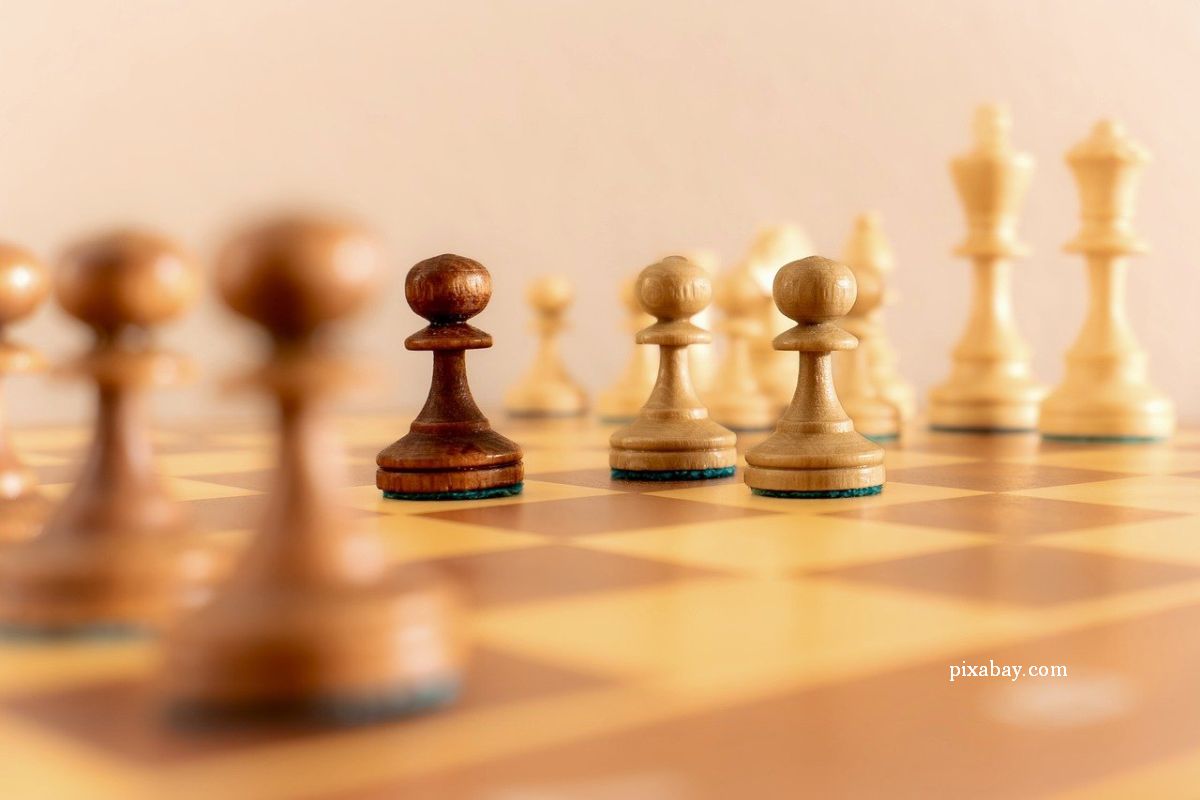Ion C. Bratianu 200
One of Romania's founding fathers was Ion Constantin Bratianu, a man who was there for all major events of the 19th century

Steliu Lambru, 14.06.2021, 13:53
Any nation has its founding fathers, exceptional personalities that they owe gratitude to. It is not just about a simple ritual, it is about an homage to those with a clear head and courage to take advantage of standing circumstances in order to make the best decisions for their country. One of Romanias founding fathers was Ion Constantin Bratianu, a man who was there for all major events of the 19th century.
He was born on June 2, 1821, in Stefanesti, 100 km northwest of Bucharest, in a family of Wallachian noblemen. He joined the burgeoning Wallachian army at 18 years of age, and shortly after left for Paris to study engineering. In the capital of France, he joined the Free Masons in rank of master. With his radical temperament, Bratianu took part in the 1848 revolution, where, as police prefect, he intervened twice, using force, to save the Wallachian revolutionary government. He went into exile in Paris after the revolution was repressed by Ottoman forces, where he worked tirelessly to pull Wallachia out from under Ottoman influence. In 1857 he returned to Bucharest, and took part in the elections to unite with Moldavia. He was an active participant in the move to remove the first prince, Alexandru Ioan Cuza, in 1866, and to bring in Carol of Hohenzollern-Sigmaringen in to replace him. He held ministerial positions, and led the longest democratic governance of Romania between 1876 and 1888, as a prime minister. He was married to Pia, who gave him 8 children, of which 6 survived.
The Romanian Academy held a celebration for the 200th anniversary of Bratianus birth. Historian Ioan-Aurel Pop, the president of the institution, said that Romanias modern history should begin with the Bratianu family:
“If we were to make a dictionary of great Romanians and great families that enacted the Grand Union, which built our modern country, this dictionary could very well start with the name Bratianu. Before leaving this life, Ion Bratianu was made an honorary member of the Romanian Academy, and he uttered the following: I will turn in my grave if you, my sons, do not unite this country. It is a matter of consciously burdening himself with national ideals, not petty personal purpose. One of his sons, Ionel, would continue his work, and become of the greatest politicians and men of state that Romania ever had.”
As any emblematic figure, Bratianu was there for making history for his country, as Ioan-Aurel Pop told us.
“Ion Bratianu built the country, more to the point, its core when he was in the 1848 revolution, when he went to Dusseldorf to bring in Prince Carol, when he laid the base of the Liberal Party, when he led for 12 years the most solid and long lived government of modern Romania, when he militated for a currency, for independence, for turning Romania into a kingdom, and many things more. The Bratianu Liberals provided a flawless civics lesson, that of public and national ideals, instead of personal ideals.”
Ludovic Orban, the chairman of the National Liberal Party, believes that one of Bratianus most important roles was that of setting up the party in 1875. The party, like its leader, was there for all important moments in Romanias modern history.
“One of the great achievements that Ion Bratianu had is to set up the National Liberal Party. Uniting several liberal factions, and setting up the National Liberal Party, in the famous meeting at Mazar Pasha, was a joining of progressive forces and leaders that wanted to modernize and emancipate, forming a major political party. Ion Bratianu is the protagonist of the most important events that led to the formation of the modern Romanian state. The generation of Bratianu, Rosetti, and all the other personalities that united then managed a spectacular transformation that Romania undertook, going from Ottoman culture to Western European culture.”
After a full life lived in politics, society, and in modernizing and Europeanizing his society, Ion C. Bratianu passed away on May 15, 1891, two weeks before turning 70. He was buried on his estates, in Florica commune, a moment described by historian Narcis-Dorin Ion, quoting testimonies of that time:
“Bratianus death had strong echoes in the country and abroad, and the funerals on his estate, attended by over 12,000 people, was in recognition for one of the makers of modern Romania, and left a strong impression on contemporaries. His resting place was next to his mansion in Florica, and next to his first child, Florica. Three decades later, in May 1921, another ceremony was held, moving his remains in a new chapel, which was described by his daughter Sabina Cantacuzino so: It was a short ceremony, with his coffin carried by the oldest peasants in Ratesti, followed by the smaller coffin with Floricas remains, carried by two veterans. “
Ion C. Bratianu is by all means a landmark in Romanias history from all points of view, and his monument in the center of Bucharest stands testimony. The monument plaque reads: With our minds, with our hearts, with our arms.






























